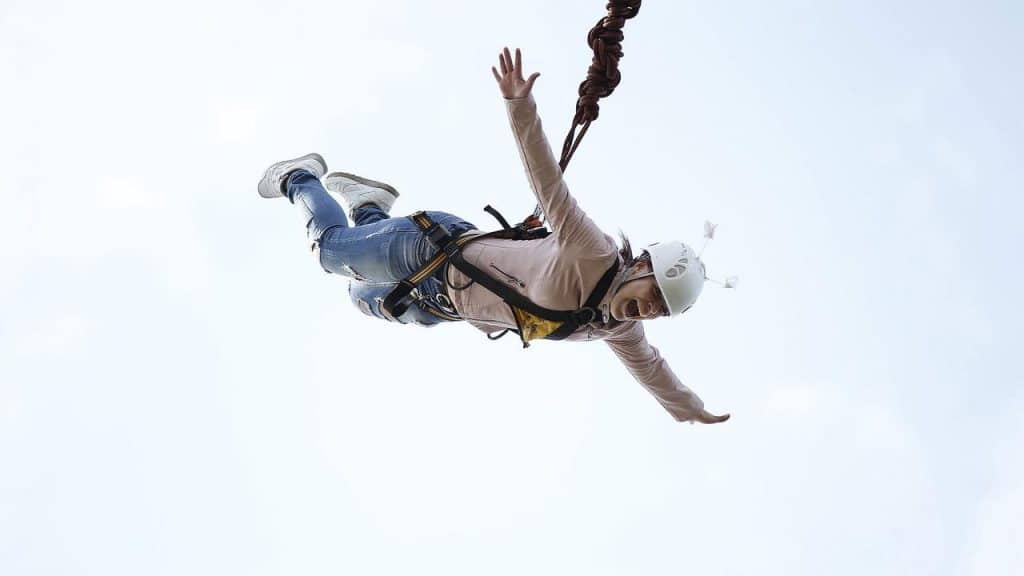Energy is what gives us the power to keep moving, and it mostly depends on what we eat, how much rest we get, and factors like that. So how do you explain those occasions when you’re suddenly stronger and faster than you’ve ever been before, just for long enough to get you out of an emergency – even if you were already tired?
In a dangerous situation, your body floods with hormones like adrenaline. It’s what’s known as an acute stress response. You may also know it as the fight-or-flight instinct. For thousands of years, the human race has been using it to get out of trouble, ever since we had to decide whether to run from a sabertooth tiger or throw a spear at it.
You’ve probably experienced it more than once or twice. It’s what causes your heart to race and your breathing to quicken. It sends your blood pressure upwards. Your skin may flush or turn pale and blood flow is diverted away from the surface of the body and towards the brain and muscles. Your pupils dilate so you see more of your surrounding environment.
Sometimes we really do need to fight or flee because of a life-threatening situation. Sometimes we might not be in physical danger, but when we’re under pressure at school or work, we can still improve our performance because our body has geared up for action. There are times, though, when there’s no source of stress, and our response is an overreaction.
For people with phobias, or irrational fear, the fight-or-flight response may lead to a panic attack. Even if it doesn’t, the increased heart and breathing rates can be unpleasant. The adrenaline and energy can be a lot for the body to cope with. We need to learn how to manage this natural response so it only occurs at the appropriate time.
You may have heard of something called adrenal fatigue. This term is used to describe when your body has been subjected to excessive periods of stress and the adrenal glands that usually only produce short bursts of adrenaline get overworked and worn out. It’s not a diagnosable medical condition (https://www.health.harvard.edu/blog/is-adrenal-fatigue-real-2018022813344).
It is clear that the energy you get from your fight-or-flight response is a temporary thing, and it isn’t particularly sustainable. In the short term, however, it has proven essential to human survival.




